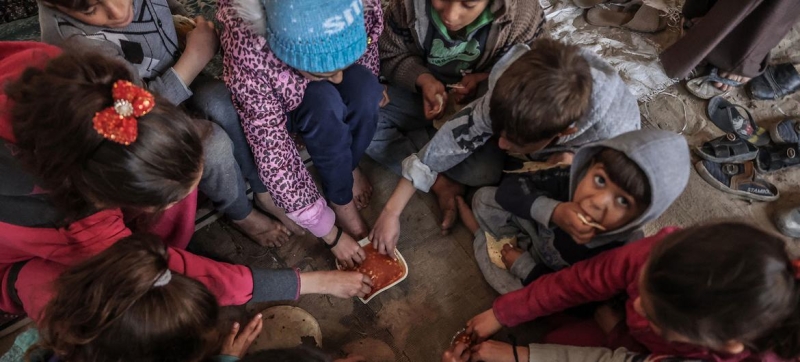
Children under five make up nine percent of the population, but they account for 40 percent of the burden of foodborne illness. Food Safety: Prepare for Unforeseen Situations Healthcare
On Friday, June 7, the world celebrates World Food Safety Day. This year the focus of World Day is on food safety incidents.
World Food Safety Day is organized under the auspices of the Food and Agriculture Organization of the United Nations (FAO) and the World Health Organization (WHO) to raise awareness of food safety issues and encourage action to prevent, detect and foodborne risk management.
If food is unsafe, people cannot get the nutrients they need to stay healthy, study, or work well.
Scope of the Problem
Every year, more than 600 million people become ill and about 420 thousand die as a result of eating food containing pathogens, toxins or chemicals. Most of these cases can be prevented by prioritizing food safety at all stages of the food chain – from producers to consumers.
Every year, every tenth person on the planet falls ill with some kind of foodborne disease. This problem concerns all countries of the world. More than 200 diseases have been linked to consuming food contaminated with bacteria, viruses, parasites or chemicals such as heavy metals.
Children under five make up nine percent of the population, but they bear 40 percent of the burden of foodborne diseases and are at increased risk of malnutrition and death from unsafe food.
Read more:
New UNICEF report finds children in parts of the world malnourished
Theme of the year
This year’s theme highlights the importance of preparedness for food-borne incidents food safety incidents, regardless of their scale, from low-profile events to high-risk situations.
Food safety incidents are situations in which there is a probable or known risk to health from food consumption. Examples of incidents could include a power outage in a home, food poisoning in a restaurant, a voluntary recall of contaminated products by a manufacturer, an outbreak of infection caused by imported products, or a natural disaster.
While preparedness for food safety incidents requires a dedicated effort by policy makers, food safety authorities, farmers, and food business operators, consumers also have an active role to play.
